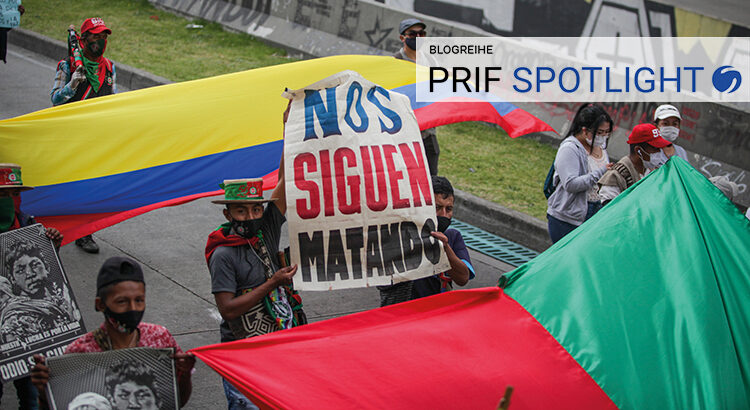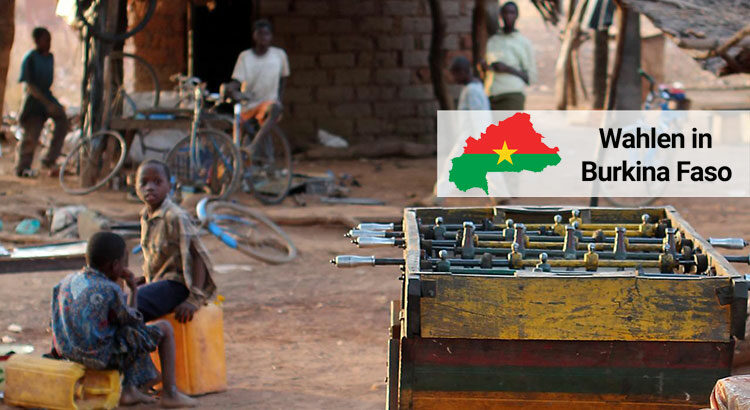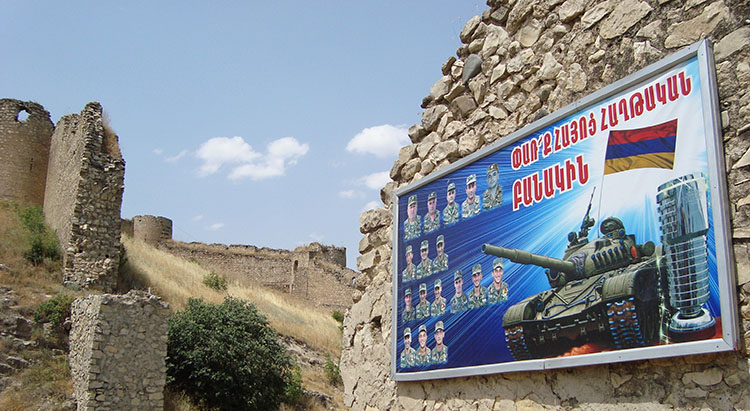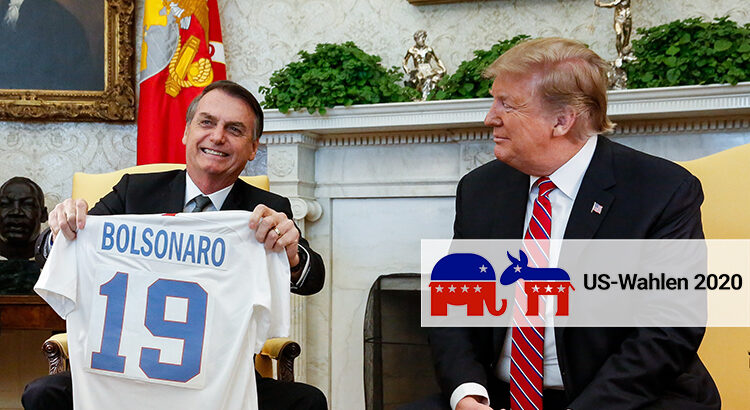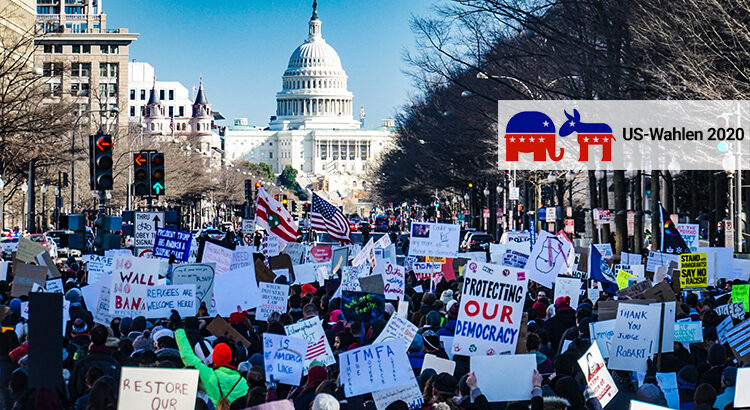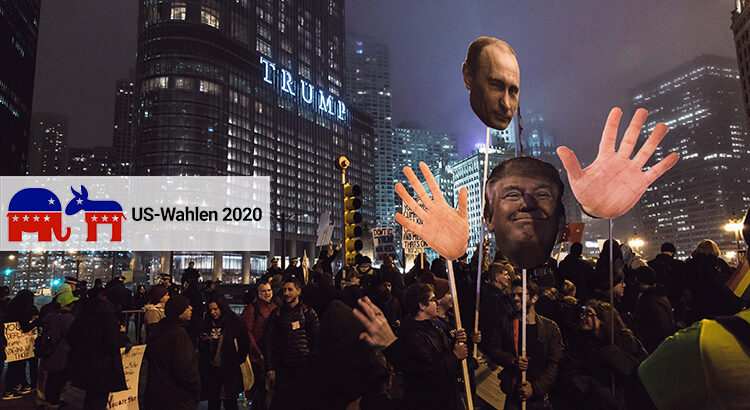Ever since the conclusion of the peace deal between the Colombian government and FARC guerrilla in late 2016, the number of social leaders murdered has risen sharply – something that even the latest developments surrounding the Covid-19 pandemic have had little bearing on. These acts of violence are frequently attributed to the presence of armed non-state actors and their fight for control over illegal economies. And yet, the situation has an unmistakably political side to it, reflecting the very modus operandi of local authoritarian orders in Colombia. For counterstrategies to be developed, it is crucial to acknowledge the political logic behind the violence.
Kategorie: English
„There is Really No Hope or Expectations of the Youth for these Elections.“
In the second interview of the PRIF blog series on the elections in Burkina Faso, Simone Schnabel and Antonia Witt talked to Ouiry Sanou. Ouiry Sanou is a long-time activist and the secretary general of the Burkinabe youth organization „Organisation Démocratique de la Jeunesse du Burkina Faso“ (ODJ), which is dedicated to respecting and protecting the democratic and social rights of young people in Burkina Faso. It also supports residents in mining regions in their struggle for land and social rights.
Nagorno-Karabakh: Why did the Second Armenia-Azerbaijan War Start?
The “frozen” Nagorno-Karabakh conflict between Armenia and Azerbaijan existed for 26 years being neither at war nor at peace, with no diplomatic relations. What has changed over the past years so that a new all-out war erupted unexpectedly between the conflict parties in late September: military balance, geopolitical balance – or what else?
The Populist Pandemic Playbook: COVID-19 and the Limits of Right-Wing Populist Government
With the announcement of having contracted Covid-19 in early October, US President Donald Trump followed British Prime Minister Boris Johnson and Brazilian President Jair Bolsonaro among a series of prominent politicians who have fallen ill. All three leaders have since recovered, but their recent illness is not the only thing they have in common: They are also perhaps the three most prominent figures of a global surge in right-wing populism and nationalism that has achieved significant electoral victories from 2016 onwards, yet has largely failed in its crisis management when confronted with COVID-19. The pandemic is sorely testing governments worldwide – populist or otherwise. It shows right-wing, populist governments in action, offering insights into their conceptions of expertise and popular support. Nonetheless, poor handling of the pandemic does not necessarily spell electoral danger for the “Class of 2016” populist leaders.

A New Hope? The U.S. Election and Prospects for Arms Control
This blogpost briefly reviews the last four years of U.S. policy on international arms control. Despite the particularly aggressive approach that has been pursued by the Trump administration, we see a high degree of continuity in the general neglect of arms control and collective security. This raises questions about how to think of new ways to repair and build up new arms control structures.
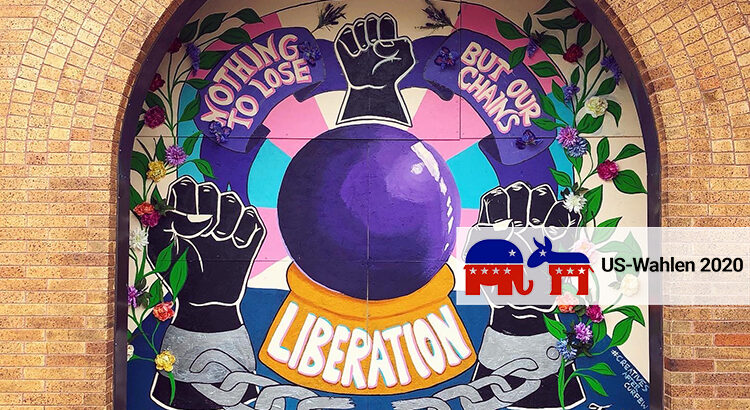
Demokratie auf dem Prüfstand: Afrika und die Wahlen in den USA
Der Wahlkampf in den USA läuft auf Hochtouren. Im Gegensatz zu vorherigen Wahlen sind dieses Mal nicht nur deren Ergebnis und mögliche Folgen für die US-Außenpolitik in Afrika von Bedeutung, vielmehr stehen die aktuellen Missstände der US-amerikanischen Demokratie und die Regierungsführung unter Präsident Donald Trump im Zentrum der Kritik in Afrika. Sie lassen das Image der Supermacht als moralisches Vorbild und globaler Garant für liberale Demokratie und Freiheiten bröckeln. Jüngste realpolitische und gesellschaftliche Reaktionen zeigen, wie der afrikanische Multilateralismus davon profitiert.
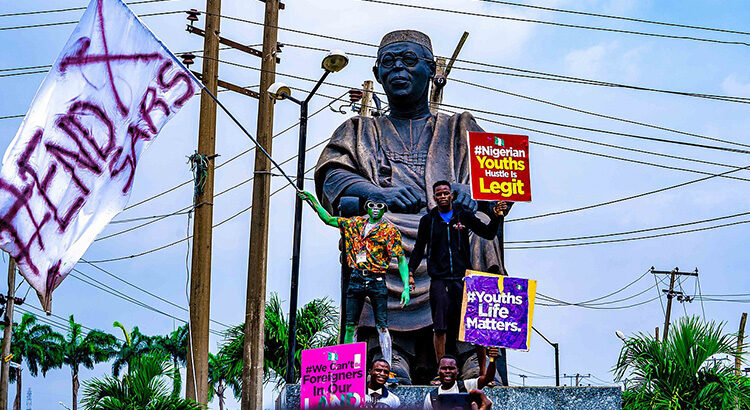
#EndSars: How Social Media Challenges Governance – the Case of Nigeria
Reading #EndSars in 2020, one might assume the hashtag is trending to inform about the dreaded coronavirus related Severe Acute Respiratory Syndrome (SARS) disease which ravaged the world from 2003. But not in Nigeria. #EndSars refers to a Nigerian a protest movement against police brutality. Although protests have been on-going intermittently in recent years, they gained increased momentum over three weeks ago and have resulted in violence and deaths in the last week. The #EndSars movement, started as a Security Sector Reform movement and has morphed into a cry for good governance in Nigeria.
Between a Rock and a Hard Place: US Democracy Promotion after the 2020 Presidential Election
The external promotion of democracy, a long-standing and bipartisan U.S. foreign policy goal and key to the reproduction of U.S. national identity, has come under unprecedented trouble under the Trump administration. What will U.S. democracy promotion policy likely look like under a second Trump administration, and what would it be under a President Biden? In neither scenario, a return to the status quo ante is likely.
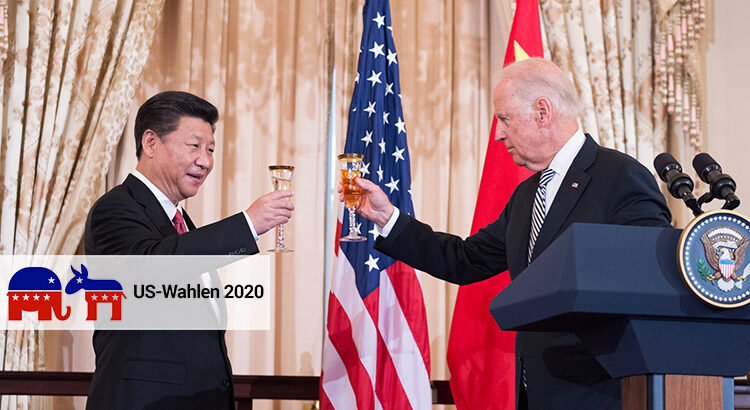
China Policy in the 2020 Election: Same Same, but Different?
With US-China relations caught in a seemingly inescapable downward spiral and mounting speculation about a new „Cold War“, could a Biden victory in the upcoming US election lead to a reduction in tensions? Based on what is known about Biden’s approach to China, we should not expect a fundamental shift, and the US-China confrontation is likely to shape the international system for years to come. However, a Biden strategy would seek to re-engage allies in Europe, and may offer them a bigger chance to influence this process.
This time, Russia сould not care less
“Russian interference” became a buzzword in the 2016 US presidential election and throughout the four years of Trump’s presidency. In the run up to the 2020 election, purported or real threats from Moscow have been called out again, both by serious reports and rather questionable campaigns like a (privately funded) billboard in New York that – in reference to Trump’s alleged collusion with the Kremlin – warned that “Russian lessons are expensive”. In contrast to this preoccupation with Russia, the debate or rather the absence of debate in Moscow indicates a lack of interest in the US elections and points to the fact that Russian expectations are low.
